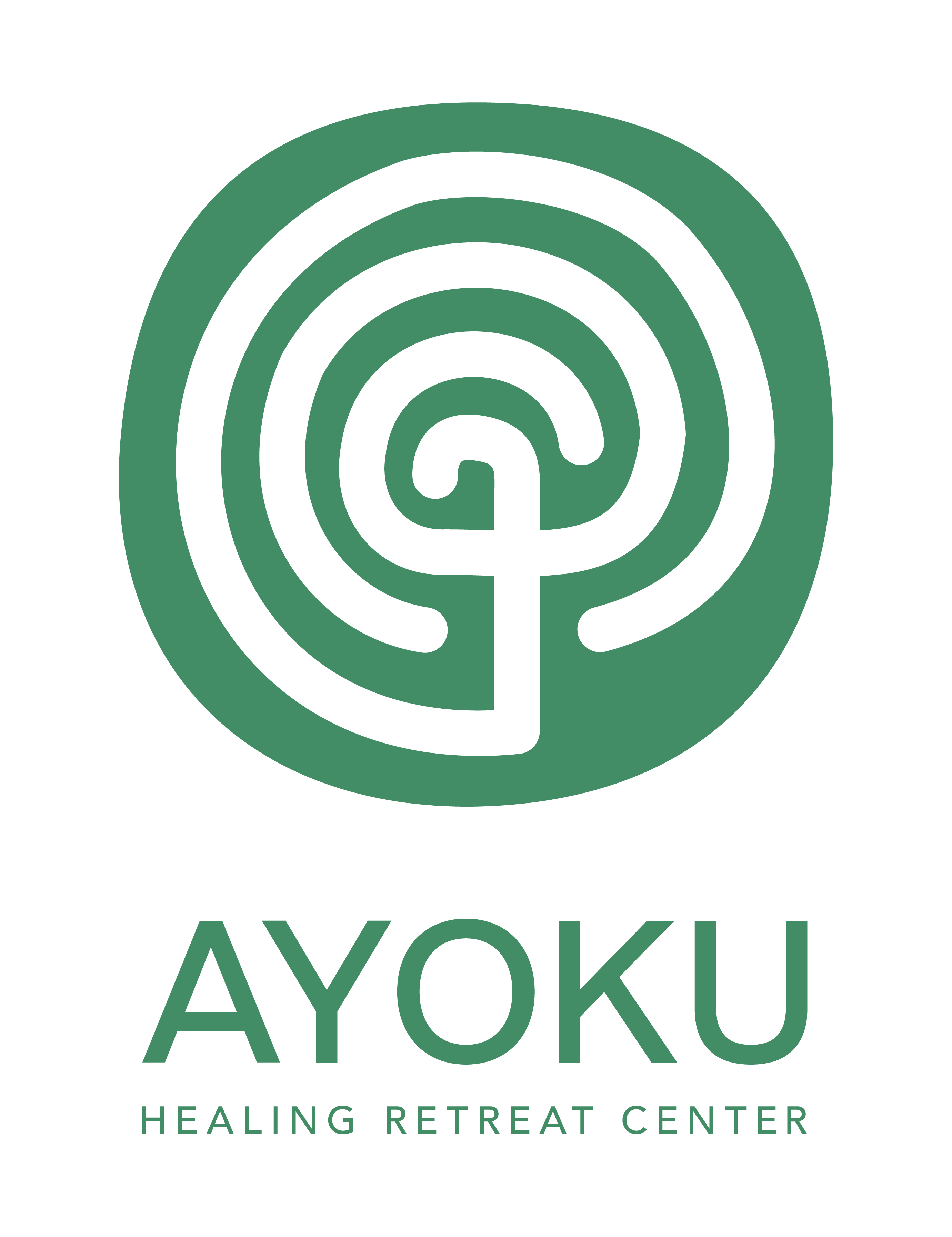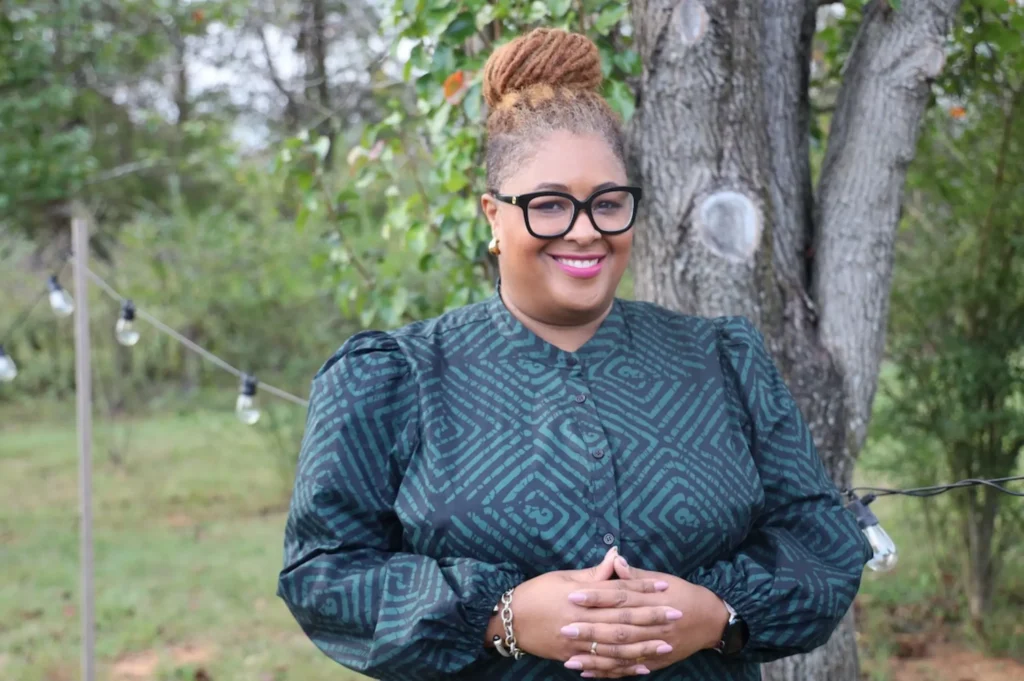Ayoku is so much more than a retreat center to me — it’s a calling. It’s a vision rooted in love, legacy, and healing. When I first stepped onto this land, I felt something sacred. I knew this would be a place where social justice leaders, activists, and healers could finally exhale. A place to rest their bodies, renew their spirits, and remember their worth.
But holding space for the future also means honoring the past. The land where Ayoku now stands, in Murfreesboro, Tennessee, holds deep and layered history. It was once cared for by the Cherokee, Chickasaw, Creek, and Shawnee peoples — communities who honored the earth and cultivated balance with the natural world. Their presence shaped this land long before maps or boundaries.
That history was disrupted by colonization, broken treaties, and violence. The Trail of Tears, a forced journey of unimaginable suffering, passed through Murfreesboro. Then, this area became farmland sustained by the labor and suffering of enslaved Africans. After emancipation, Black residents in Rutherford County endured racial violence, systemic exclusion, and economic hardship. And yet, they rose. They built schools, businesses, churches, and a community with a rich legacy that continues today.
Ayoku sits on land shaped by centuries of Indigenous stewardship, colonial violence, slavery, and resilience. This land carries memories of hardship, healing, and transformation, and I certainly feel it each time I walk the grounds. In many ways, Ayoku is a homecoming — a chance to begin again.
As we plant native gardens, carve walking trails, and create space for stillness, I feel an immense sense of purpose. We are not just healing people — we are healing with the land. We’re building a sanctuary that honors the past and nurtures a future where joy, rest, and justice are not luxuries, but birthrights.
With reverence and hope,



